On the spectrum of cakes from Yunnan Sourcing this year, this Yibang must be jostling with the Xikong and Wangongzhai up at the good end - but let's not get ahead of ourselves.
"Yibang" (small characters), "Yiwu" (large characters), "guhua" (red characters)
As shown above, this is part of Scott's "guhua" range, a euphemism for autumnal tea. As with the rest, it is a $40 cake, of 2/3rds the normal size (at 250g), making this $60 for an equivalent 375g bing. These little cakes are amenable to collecting for the purposes of tasting, which is something that I rather like. There simply isn't enough shelf space in our house to collect cakes without limit; those I buy in tong+ quantity are those that I have concluded are safe bets for aging. The little cakes, such as these and the tasters from Zhimingdu, are easy to slide into the gaps between tong.
(I recall that the brave Phyll Sheng used to hire "cellar" space at a wine-storage depot in order to keep his cakes, but that would be a step too far for me!)
Like the Xikong, this is a xiaoye [little leaf] varietal, from out in Mengla County of Xishuangbanna. However, the leaves don't seem all that tiny, as you might be able to tell from the above - they represent the larger end of the xiaoye scale.
Easily separated, you can see from the image above that the leaves have been well-handled during their stay in Yunnan. Scott has selected a suitably furry, good-looking collection of leaves for this cake, and they have the sweet, granary scent about them that I observed in the Xikong.
When introduced to water, the scent in the aroma cup reveals a heavy sweetness, and a pronounced liveliness - it tingles the nose, and gives hope that these are fresh leaves left in a natural, underprocessed state.
This tea really is lively - it tingles the tip of the tongue in a delightful, almost effervescent, manner. A buttery finish reminds me of the fact that humans have been involved in the presentation of this tea to at least some minimal degree.
Powering through the infusions, this Yibang cake develops into a positively mouth-numbing experience. It is anaesthetic. This sounds unpleasant, but it is rather good.
While the Xikong may have been heavier, with denser characteristics of flavour and huigan, this cake is significantly more active, while staying within what I refer to as the "sweet granary" genre of that region - which may be a description of use only to myself.
I juggle my affections between this Yibang, the Xikong, and the Wangongzhai, and contemplate buying one of each, to revisit for fun in later years.

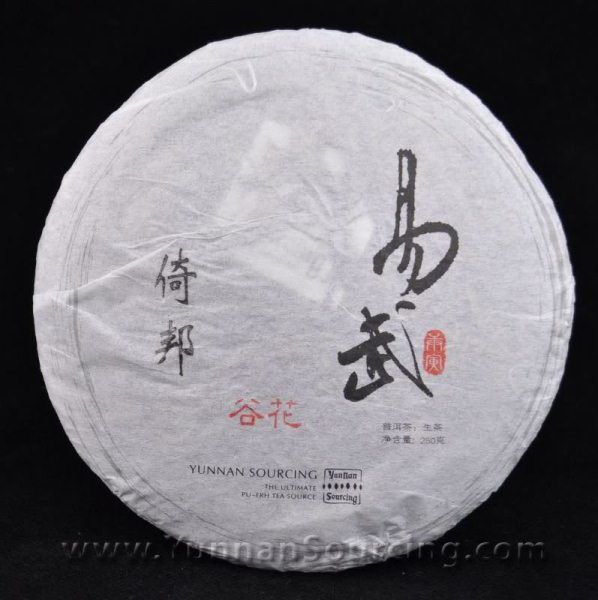
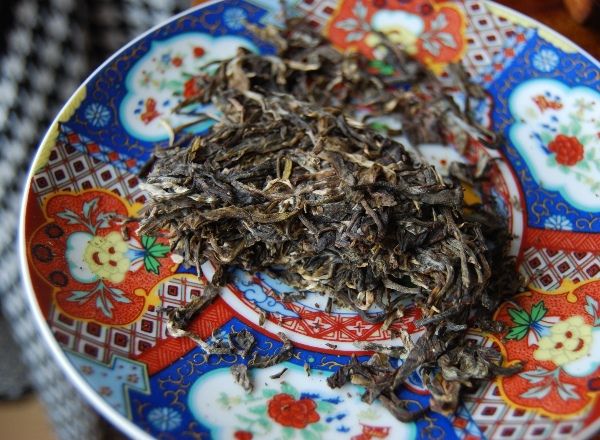
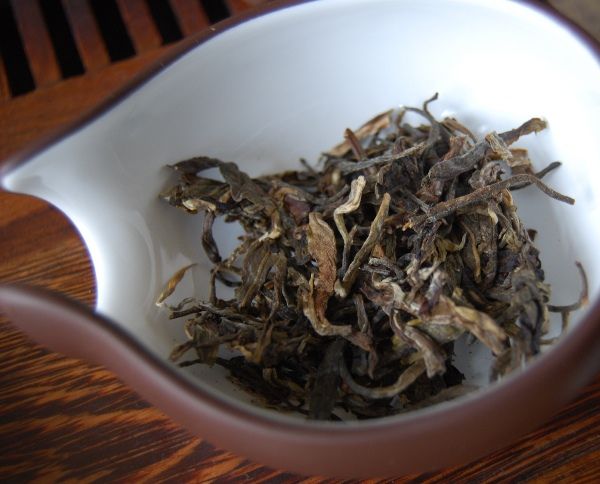
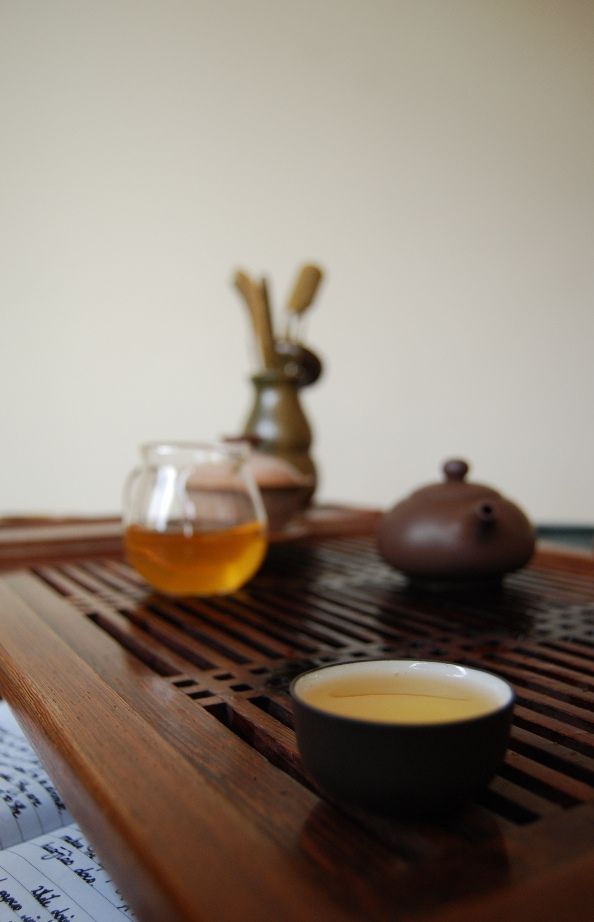
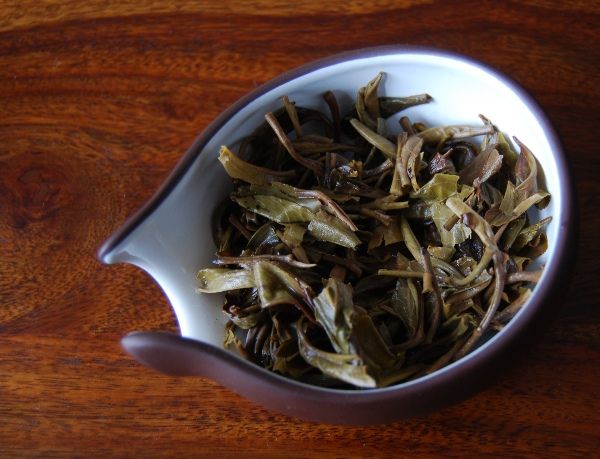
No comments:
Post a Comment